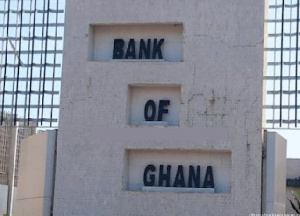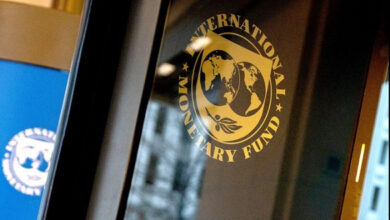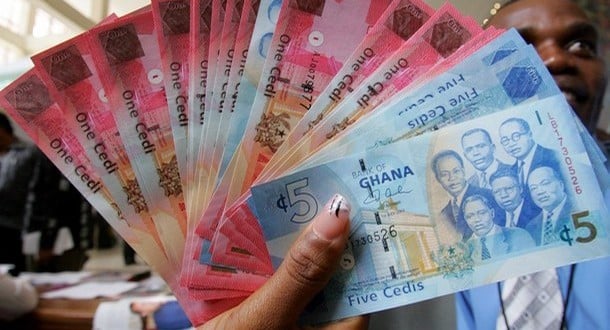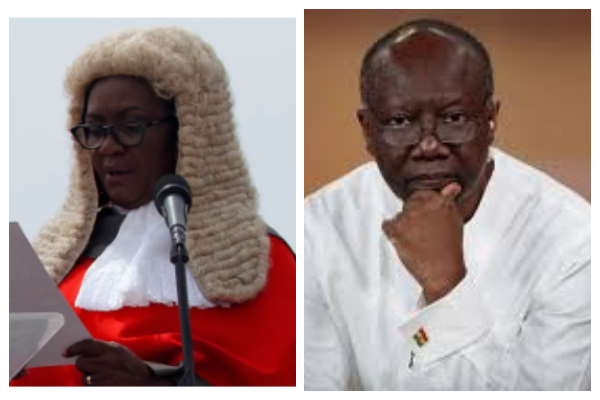Economic activity rebounds – Bank of Ghana

It said although business and consumer sentiments softened on the back of the surge in COVID-19 cases in the early months of 2021, the rollout of the vaccination programme had increased optimism about the future and would further add a boost to the anticipated recovery in growth.
Dr. Ernest Addison, Governor of the Bank of Ghana (BoG), who made this known, said even though private sector credit growth remained generally weak due to the pandemic, the rebound of input supplies evidenced by increased non-oil imports should support the ongoing rebound in economic activity.
“The banking sector remains well-positioned to continue with the core objective of financial intermediation to support the ongoing recovery process.
“Banks are projected to sustain the strong performance under mild to moderate stress conditions. While some of the regulatory reliefs extended to the industry have helped banks’ continued support of the real sector, close monitoring and heightened supervision will be required to address potential vulnerabilities in the industry, as the pandemic lingers,” he noted.
He announced that the 2021 budget has set fiscal policy on an adjustment path albeit slower than originally anticipated, adding that the adjustment for 2021 was expected to be driven, mainly by revenue-enhancing measures, and to a lesser extent, expenditure rationalization due to the need to continue the stimulus programmes.
He continued that the Monetary Policy Committee (MPC), which he chaired, assessed achieving the enhanced revenue targets and the heavy reliance on the domestic market as the main risks to the budget.
“After declining in January 2021, headline inflation rose in February slightly above the upper band of the medium-term target, driven mainly by non-food prices.
“The bank’s forecast, however, remain broadly unchanged with headline inflation expected to return to the target band in the second quarter of 2021,” he stated.
The Governor continued that risks to inflation in the near-term were broadly balanced, however, there were emerging short-term pressures emanating from the rising crude oil prices and the direct and secondary price effects of the revenue measures announced in the 2021 budget.
“Monetary policy would need to remain vigilant to monitor these risks,” Dr. Addison added.
The MPC decided to keep the policy rate at 14.5 percent.
Source: Goldstreet Business





